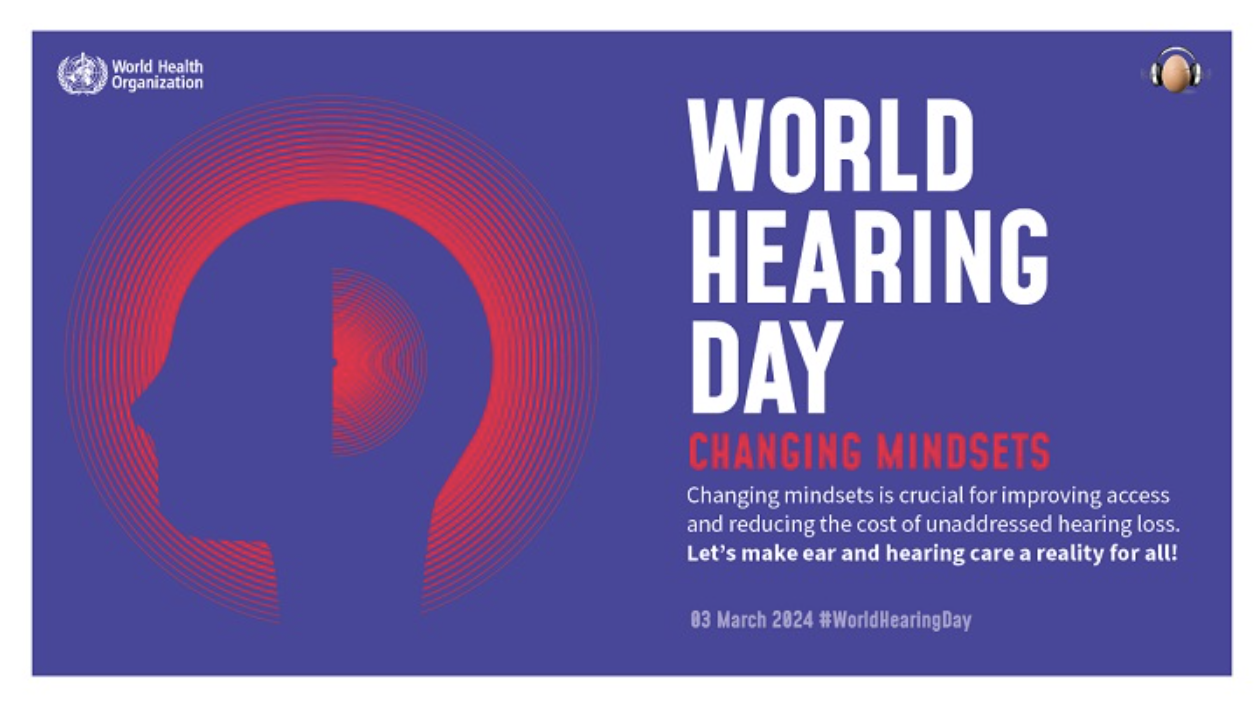
Roger SoundField makes school more effective
January 9, 2023Deaflympics athlete Boon Wei Ying
January 18, 2023Hearing loss and dementia: Research confirms links

Over the last decade, researchers have been presenting increasing evidence of a direct link between hearing loss and dementia. Both previous and current research have demonstrated this link. Now new research also shows that hearing devices may reduce dementia.
What is Dementia?
The Alzheimer’s Association defines dementia as a overall term rather than a single disease. They state, “disorders grouped under the general term ‘dementia’ are caused by abnormal brain changes. These changes trigger a decline in thinking skills, also known as cognitive abilities, severe enough to impair daily life and independent function. They also affect behavior, feelings and relationships.”
Put simply, dementia occurs when a disease damages nerve cells in the brain. Nerve cells carry messages between different parts of the brain and around the body. If cells are damaged, the brain and body lose their ability to function properly. Brain scans have shown that hearing loss may cause a faster rate of deterioration in some areas of the brain. This advancement makes it easier to see how this connection exists.
Early Symptoms of Dementia
In addition to understanding what dementia is, it is important to know the early signs to look out for with dementia. Many symptoms can be easily dismissed as old age or mistaken for other, less severe conditions. Moreover, while seeking a diagnosis is scary, it is crucial to be proactive and receive the right support. When a diagnosis is caught early, you can continue to live a meaningful life for many years.
According to the Alzheimer’s Society, here are some early signs:
- Memory loss that affects day-to-day abilities
- Difficulty performing familiar tasks
- Problems with language
- Disorientation to time and place
- Impaired judgement
- Problems with abstract thinking
- Misplacing things
- Changes in mood and behavior
- Changes in personality
- Loss of initiative
Previous Research Shows Links Between Hearing Loss and Dementia
The National Health Service (NHS) website has hearing loss as the number one component on their list of risk factors for developing dementia. In 2020, the Lancet commission report confirmed the link between hearing loss and dementia to be true. Therefore, it comes as no surprise that a more recent study published in the journal JAMA Neurology has found similar findings from their research. However, the researchers from this study have also found that electronic hearing devices may reduce the risk of developing this devastating disease. In 2022, JAMA Neurology also released a report titled Hearing Aids and Cochlear Implants in the Prevention of Cognitive Decline and Dementia—Breaking Through the Silence.
The researchers from this study have also found that electronic hearing devices may reduce the risk of developing this devastating disease.
Read more: Are hearing loss and dementia linked?
JAMA Report Findings: Hearing Devices May Reduce Dementia
Researchers from the report published in JAMA analyzed eight studies that involved over 127,000 hard of hearing adult participants. The report revealed that hearing aid users had a 19 percent lower risk of long-term cognitive decline compared with non-users.
The scientists responsible for the studies noted three key points from their results:
- The analysis provides convincing evidence that hearing aid usage is associated with a considerable risk reduction of cognitive decline.
- Future studies should examine patients with no baseline cognitive impairment and patients with mild cognitive impairment.
- The report is a testament to the power of pooling studies in meta-analysis. Previous individual studies did not achieve statistical significance.



